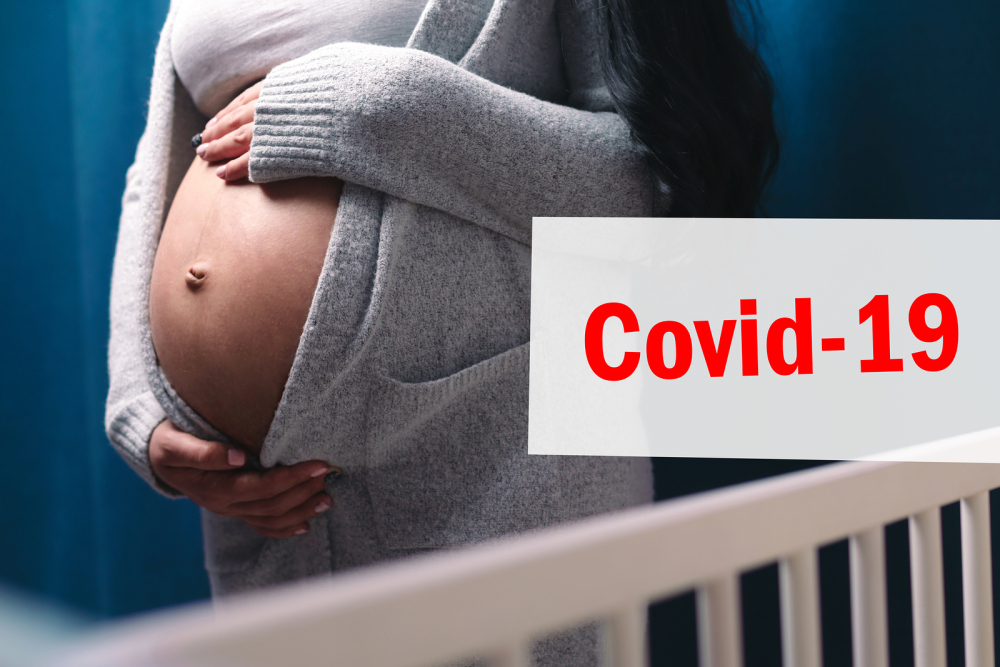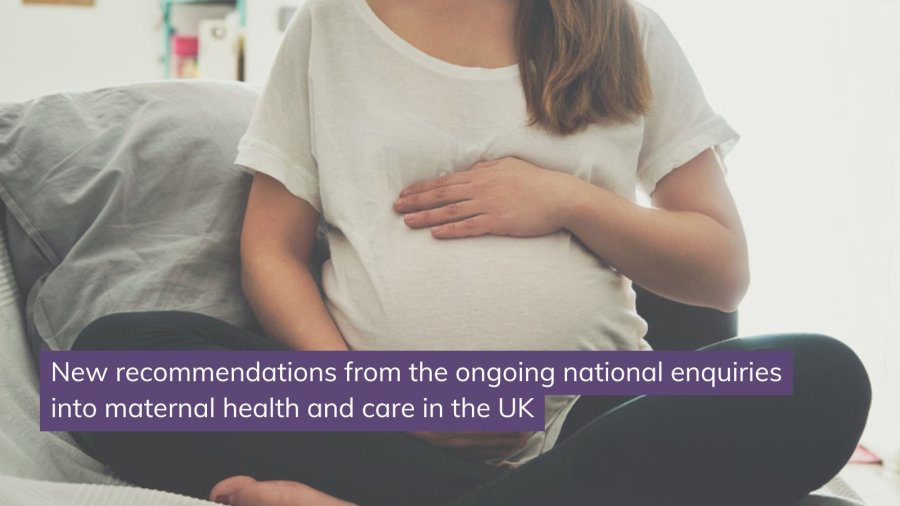Pregnant women are not at greater risk of severe COVID-19 than other women, but most of those who have problems are in their third trimester

Credit: Bigstock
Published on Monday, 11 May 2020 Post
Researchers from the NPEU, in collaboration with the Royal College of Obstetricians and Gynaecologists, the Universities of Leeds and Birmingham, Kings and Imperial Colleges London have published new research that suggests pregnant women are no more likely to become ill with severe COVID-19 than non-pregnant women. However, the majority of women who did become severely ill were in their third trimester of pregnancy, emphasising the importance of social distancing for this group.
The study, published today as pre-print, looked at 427 pregnant women admitted to hospitals in the UK between 1 March and 14 April 2020 (4.9 women out of every 1000 women giving birth, around 1 in 10 of whom received intensive care, suggesting that pregnant woman are at no greater risk of severe illness than the non-pregnant population). Information for the study was collected from all 194 hospitals in the UK with a consultant-led maternity unit.
Pregnant women from black and ethnic minority backgrounds were more likely to be admitted to hospital for COVID-19. This inequality persisted even when women from London, the West Midlands and the North West were excluded from the analysis, meaning the difference cannot be explained by higher rates of COVID-19 infection in those areas.
The analysis also showed that older pregnant women, those who were overweight or obese, and pregnant women who had pre-existing medical problems, such as high blood pressure and diabetes, were more likely to be admitted to hospital with the infection. Women who were admitted to hospital with COVID-19 in pregnancy were less likely to smoke than a group of comparison pregnant women.
Sixty percent of the women admitted to hospital have now given birth, while the remaining forty percent have ongoing pregnancies. Most women have now been discharged home. Around one in 10 women required intensive care, and sadly five women have died.
Outcomes for babies born to mothers with COVID-19 were mostly good. Although almost one in five were born prematurely and were admitted to a neonatal unit, fewer than twenty babies were born very premature (when their mothers were less than 32 weeks pregnant). One in twenty babies born had a positive test for COVID-19, but only half of these babies had positive test immediately after birth, suggesting that transmission of infection from mother to baby is low.
Professor Marian Knight, Professor of Maternal and Child Population Health at the Nuffield Department of Population Health at the University of Oxford and lead investigator for the study, said:
A very small number of pregnant women do become severely ill with COVID-19 and sadly some women have died. Our thoughts must remain with their families. It is concerning that more pregnant women from black and minority ethnic groups are admitted with COVID-19 in pregnancy and this needs urgent investigation. Most pregnant women who were admitted to hospital were more than six months pregnant, which emphasises the importance of continued social distancing measures in the later stages of pregnancy. Following the current guidance about careful social distancing will help prevent infection.



